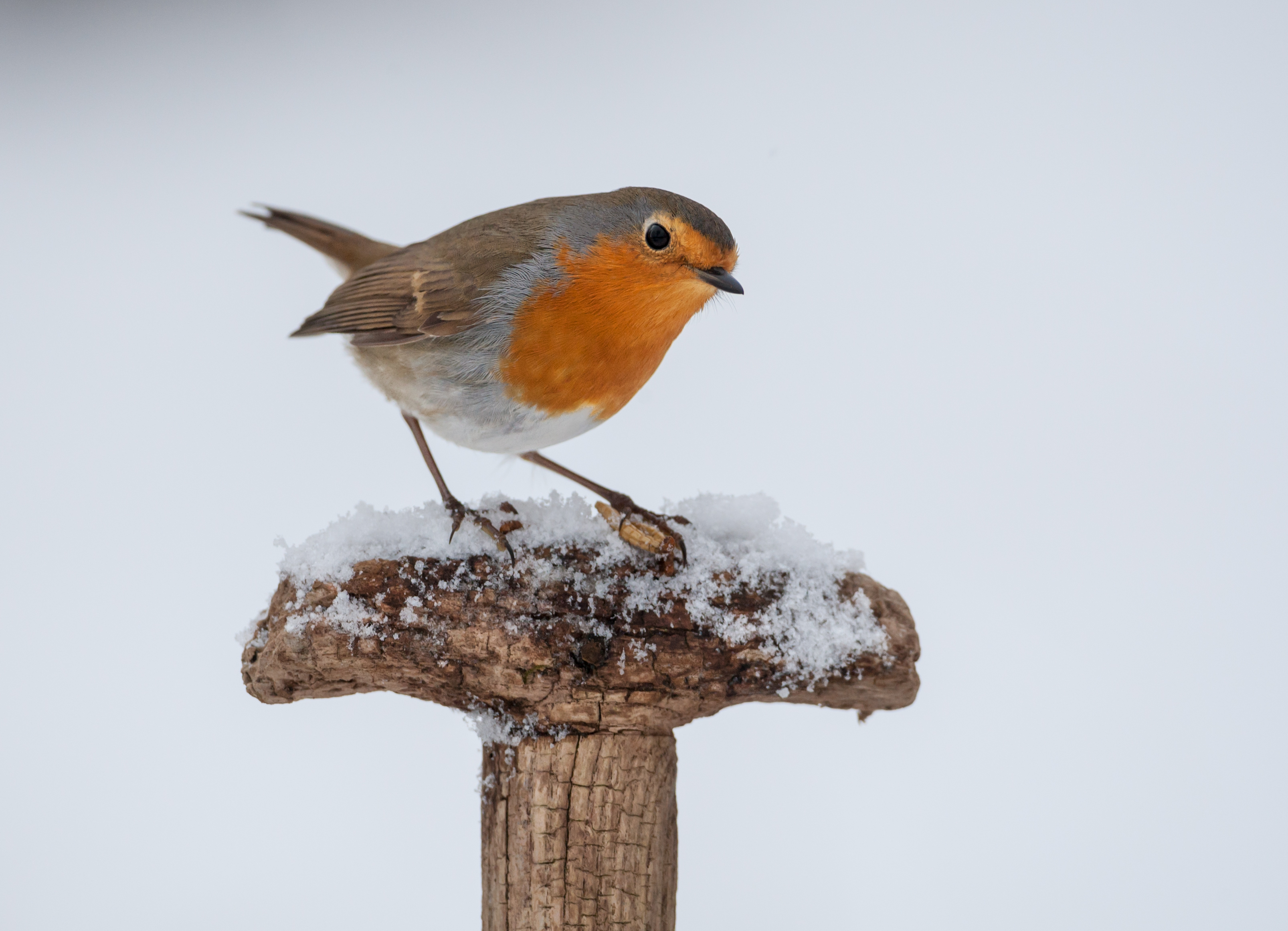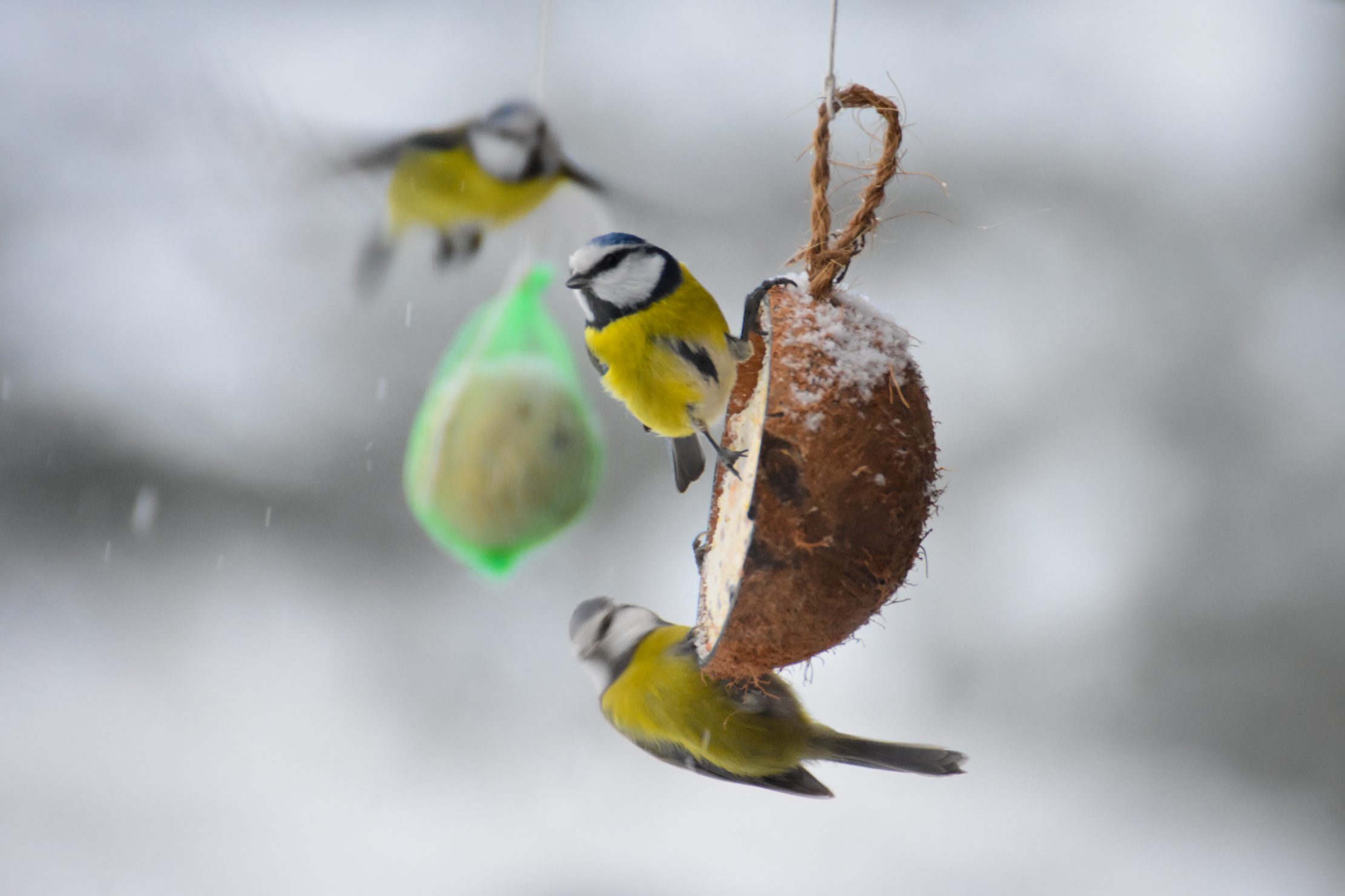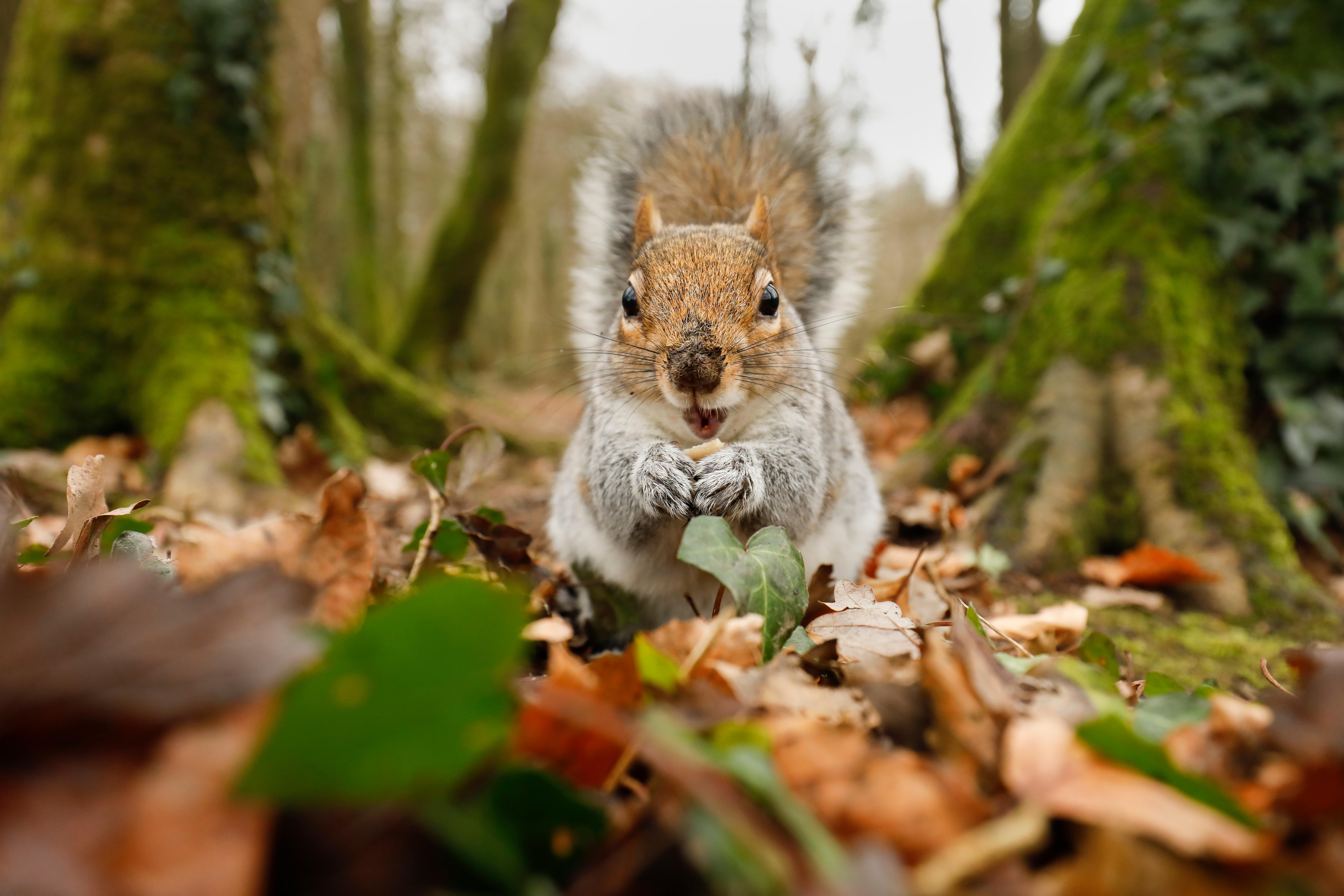The great garden birdwatch schemes which need your help
This is the time of year when the big birdwatching schemes ask for the public's help to record the numbers of our feathered friends in the gardens of Britain. Annunciata Elwes explains more.


Exquisite houses, the beauty of Nature, and how to get the most from your life, straight to your inbox.
You are now subscribed
Your newsletter sign-up was successful
Birds are often on our minds at this time of year, when it’s cold, food is scarce and we can watch blue tits happily scoffing nuts through the kitchen window. For many, it will be a joy to know that the time has come once again to make our idle birdwatching count.
First up is the RSPB’s Big Garden Birdwatch; the organisers claim that, since its inception in 1979, some nine million hours have been spent recording 127 million birds. This year, the RSPB expects half a million volunteers to spend an hour between January 25 and 27 counting little wings.
Species of particular concern include the song thrush, with numbers down 76% in 40 years, as the house sparrow retains its top billing as the most-spotted garden bird. Visit www.rspb.org.uk/birdwatch for a free pack and identification chart. For youngsters, the RSPB Big Schools’ Birdwatch takes place from January 6 to February 21 — last year, 60,000 children took part (www.rspb.org.uk/schoolswatch).

Next up, the Big Farmland Bird Count is back for its seventh year, in which volunteers will record birds for half an hour between February 7 and 16, providing a gauge of the effect of landowners’ conservation efforts.
‘Farmers and gamekeepers are vital in helping to ensure the future survival of many of our most cherished farmland bird species, such as skylarks, corn buntings, yellowhammers and wild grey partridges,’ explains the GWCT’s Roger Draycott, organiser of this year’s count, which is sponsored by the NFU. ‘They are responsible for managing the largest songbird habitat in this country on their land, but, frequently, their efforts to reverse bird declines are largely unrecorded.’
In 2019, 30 red-listed species were spotted, with five of them — fieldfares, house sparrows, starlings, yellowhammers and song thrushes — among the most commonly seen species. Visit www.bfbc.org.uk to take part.
Finally, it’s 25 years since the first BTO Garden BirdWatch, an initiative that has proved its worth and grown in size; today, it involves some 10,000 participants.
Exquisite houses, the beauty of Nature, and how to get the most from your life, straight to your inbox.
Important discoveries include how blackcaps have developed a new migration route to take advantage of food left out in gardens and how bird communities have evolved as a response to habitat features, including feeders. Special spin-off surveys have been introduced on species such as the tawny owl and the survey’s remit has expanded to include not only birds, but mammals, butterflies, bumblebees, reptiles, amphibians and dragonflies.
There’s no set time frame, but participants are asked to pay £17 per year to fund the research and make a record of their garden birds once a week; visit www.bto.org to get involved.

Country Life Today: Britain's most popular dog, how birdfeeders changed Britain and getting arrested for pebble-picking
The Kennel Club have released their latest stats on dog registration; the RHS are warning about a potential new garden

Invasive aliens: Six of the most destructive plants and animals that have made Britain their home
Hundreds of species that we take for granted are actually non-native species. Dan Eatherley, author of Invasive Aliens: The Plants
Annunciata is director of contemporary art gallery TIN MAN ART and an award-winning journalist specialising in art, culture and property. Previously, she was Country Life’s News & Property Editor. Before that, she worked at The Sunday Times Travel Magazine, researched for a historical biographer and co-founded a literary, art and music festival in Oxfordshire. Lancashire-born, she lives in Hampshire with a husband, two daughters and a mischievous pug.
